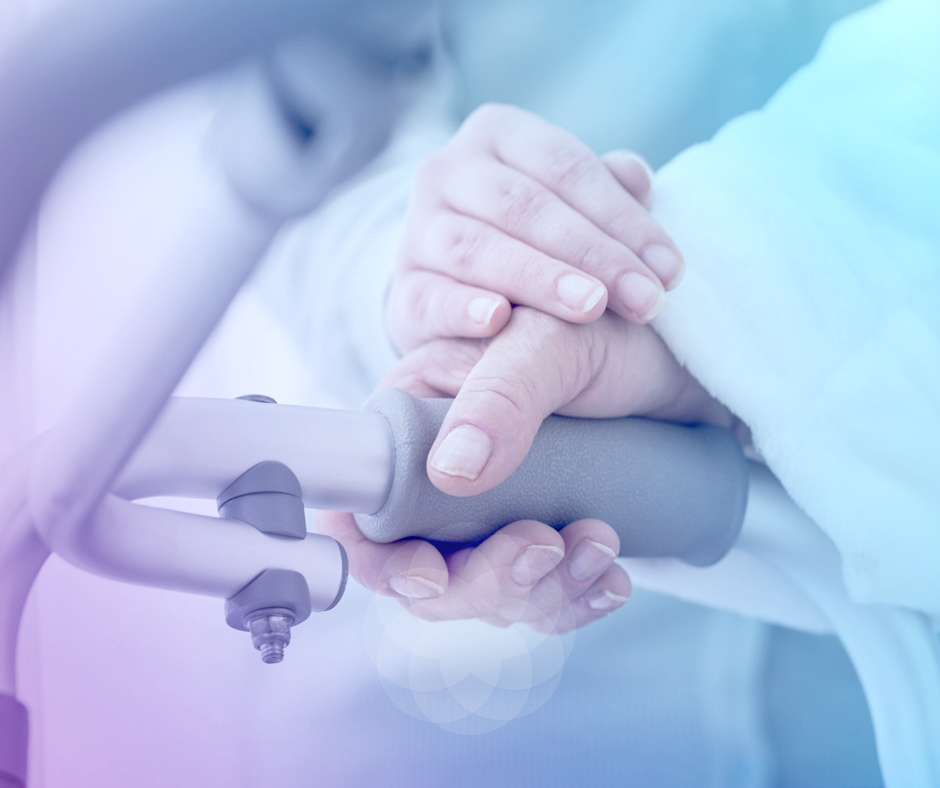
Living Well with Mobility Limitations
Mobility Limitations can be a risk factor for several conditions and lead to increased isolation and loneliness. A carer helps to make your home more accessible.
Does getting up from the floor seem like a herculean task?
For some older adults, this can become so difficult that it limits the ability to do household chores and can create anxiety around the possibility of falls. Because it can be so difficult or painful, some people may choose to avoid the floor altogether.
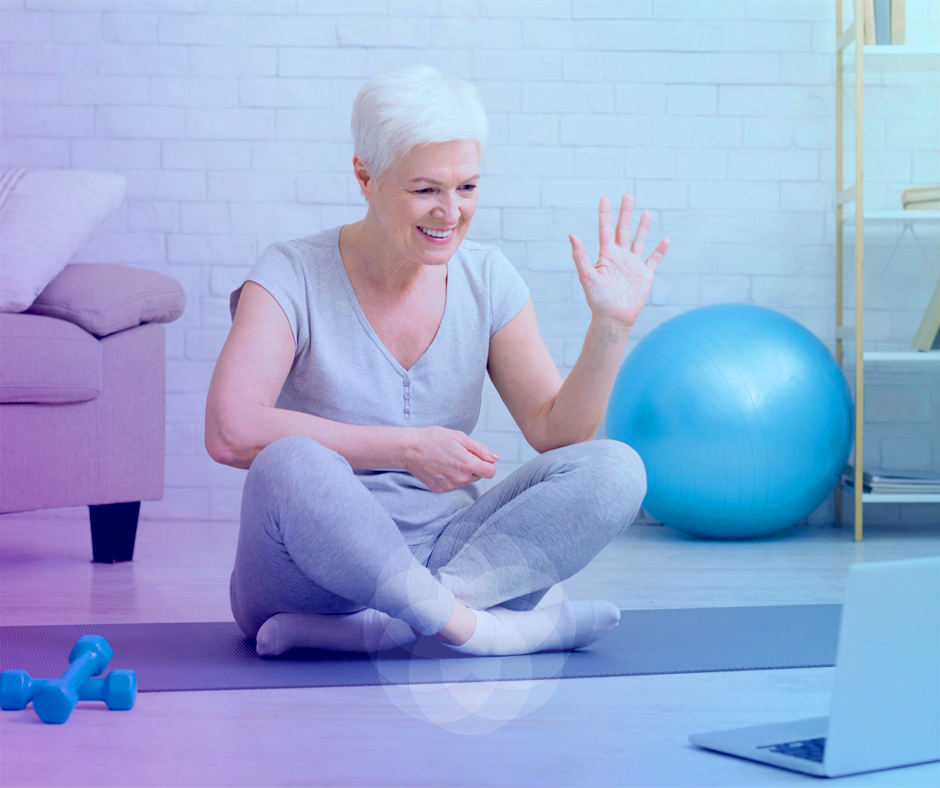
Yet, this ability is so important that it is used as a measure of fitness and predictor of longevity.
Getting up is a complex motion that uses many areas of fitness, including balance, strength and flexibility. Staying active with gardening, dancing, walking, swimming or tai chi will help keep you mobile into older age.
With the guidance of a professional, the following targeted daily exercises can also help build the required strength:
Many of the carers at InPlace Care can offer support for an exercise routine to help you stay fit, look for Exercise Assistance in the Services field and Sign Up Free to search the Carers.
SHARE
TAGS
keep updated and safe with InPlace Care news

Mobility Limitations can be a risk factor for several conditions and lead to increased isolation and loneliness. A carer helps to make your home more accessible.
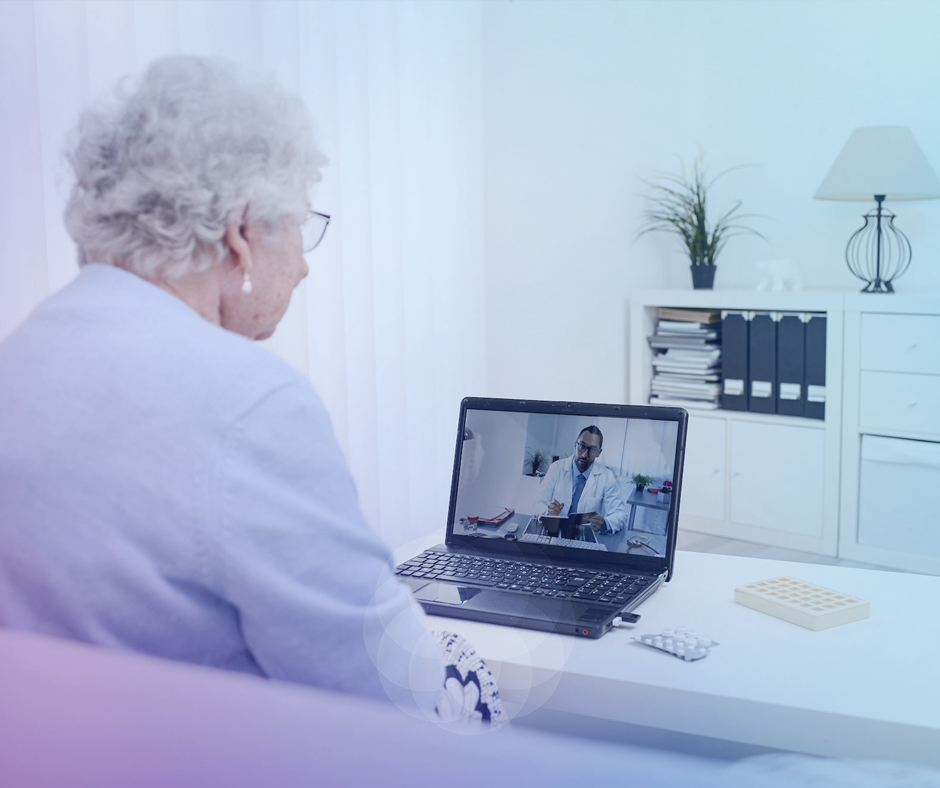
Many of us have had our first experiences of telehealth in the past year, as appointments that do not require a physical examination are often being conducted online during covid lockdowns.
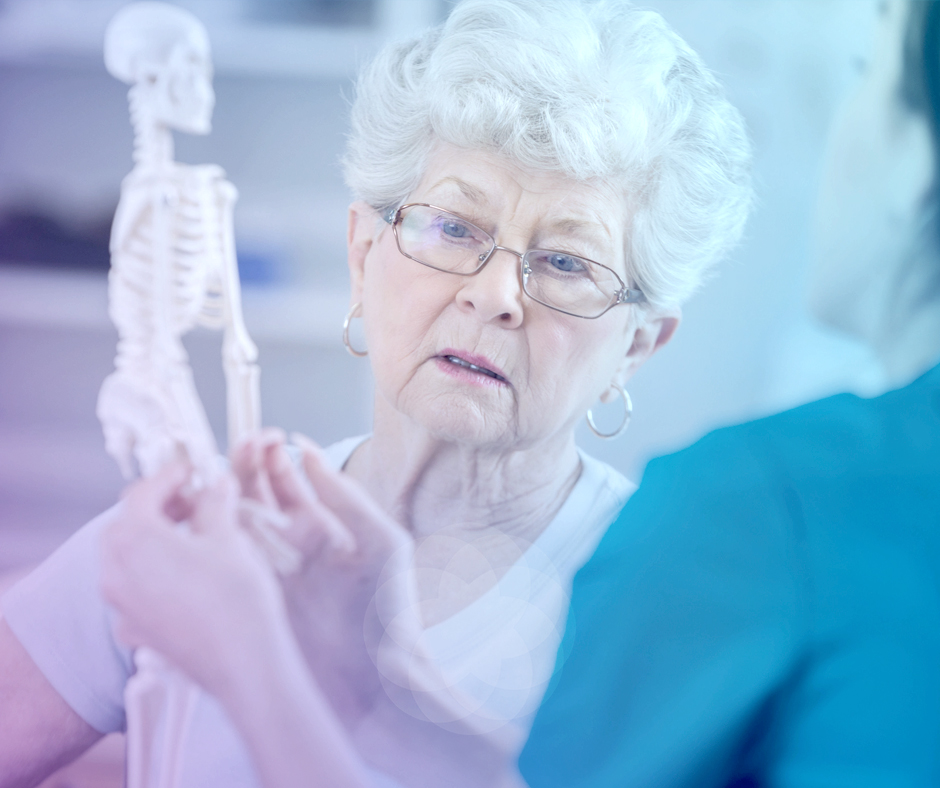
Osteoporosis (porous bones in Latin) is a condition causing a loss of bone density which makes the bones brittle and susceptible to breaking. Osteoporosis is more common in older age.
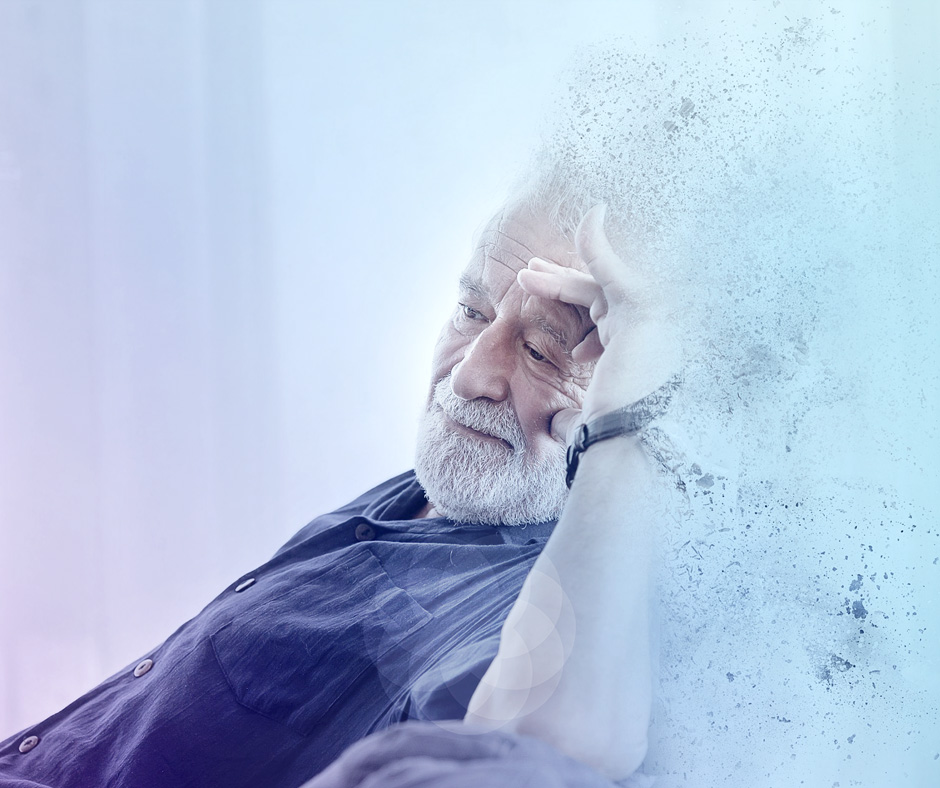
Wandering or becoming lost is a common occurrence for people living with dementia and it can be a major cause of worry for their family and friends.
Use modern technology to service your loved ones safely to maintain their independence in their own homes at a Cost-Effective Price.
Newsletter
Join our mailing list for the latest news about our events, promos and exciting offers!
No spam, ever. Your email address will only ever be used for InPlace Care.

We know that the COVID-19 virus presents significant challenges and concerns for our clients and their families. InPlace Care have instigated many new operational actions to protect clients in the community.
OUR RESPONSE
WHAT WE HAVE DONE
WHAT WE ARE DOING
The Inplace Care worker visiting your home is taking the necessary measures to ensure you say safe.
This includes following advice from Australia’s Chief Medical Officer about when to use equipment such as masks, gloves, aprons or gowns, and protective eyewear.
Most importantly, look after yourself and keep safe.
The program will run for 4 weeks in February 2021.
The promotional FOC Care is only redeemable for new Clients that register and receive Care in February 2021.